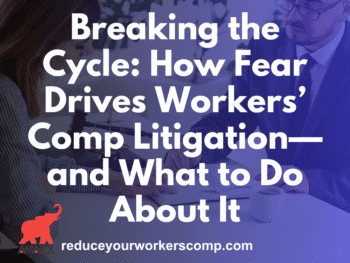A test case asking whether a federal contractor's employees in "low risk" positions can be mandated to undergo extensive background checks will be heard by the United States Supreme Court.
The case involves workers at the Jet Propulsion Library, located on federally owned land but operated by the California Institute of Technology (Caltech) pursuant to a contract with the National Aeronautics and Space Administration (NASA).
Three years ago, NASA amended its contract with Caltech to require each employee at the laboratory to undergo a National Agency Check with Inquiries (NACI), the same background investigation required of government civil service employees.
As part of the investigation, an "Investigative Request for Personal Information" (Form 42), is sent to every applicant's references, employers, and landlords. The form ask questions about whether the recipient has "any reason to question [the applicant's] honesty or trustworthiness" or has "any adverse information about [the applicant's] employment, residence, or activities" concerning "violations of law," "financial integrity," "abuse of alcohol and/or drugs," "mental or emotional stability," "general behavior or conduct," or "other matters."
Under the new policy, the employees are mandated to pass the background check in order to receive admittance to the lab. Caltech also stated employees who failed to clear the background check are considered to have voluntarily resigned.
The lab's employees objected to the background check, arguing that since they work in low-risk positions (that is, they have no access to classified information), the background checks are an invasion into their "informational privacy" under the United States Constitution.
The Supreme Court will review:
1. Whether the government violates a federal contract employee's constitutional right to informational privacy when it asks in the course of a background investigation whether the employee has received counseling or treatment for illegal drug use that has occurred within the past year, and the employee's response is used only for employment purposes and is protected under the Privacy Act, 5 U.S.C. 552a. (workersxzcompxzkit)
2. Whether the government violates a federal contract employee's constitutional right to informational privacy when it asks the employee's designated references for any adverse information that may have a bearing on the employee's suitability for employment at a federal facility, the reference's response is used only for employment purposes, and the information obtained is protected under the Privacy Act, 5 U.S.C. 552a.
A deadline for the Court's decision is not known at this time.
Author Robert Elliott, executive vice president, Amaxx Risks Solutions, Inc. has worked successfully for 20 years with many industries to reduce Workers' Compensation costs, including airlines, health care, manufacturing, printing/publishing, pharmaceuticals, retail, hospitality and manufacturing. He can be contacted at: Robert_Elliott@ReduceYourWorkersComp.com or 860-553-6604.
Podcast/Webcast: Claim Handling Strategies
Click Here:
http://www.workerscompkit.com/gallagher/podcast/ Claim_Handling_Strategies/index.php
Do not use this information without independent verification. All state laws vary. You should consult with your insurance broker or agent about workers' comp issues.



























